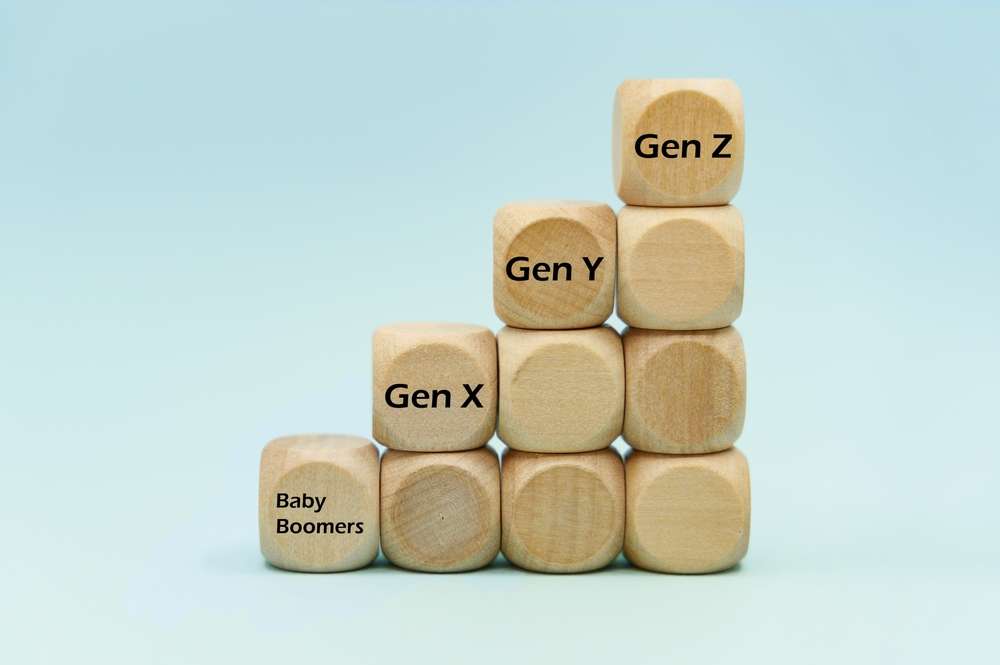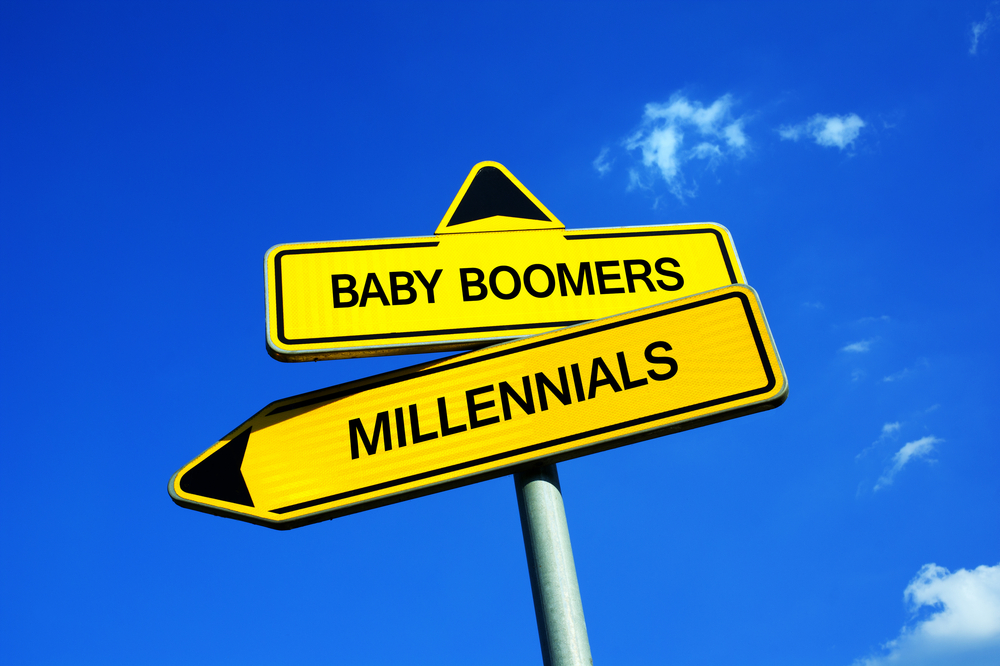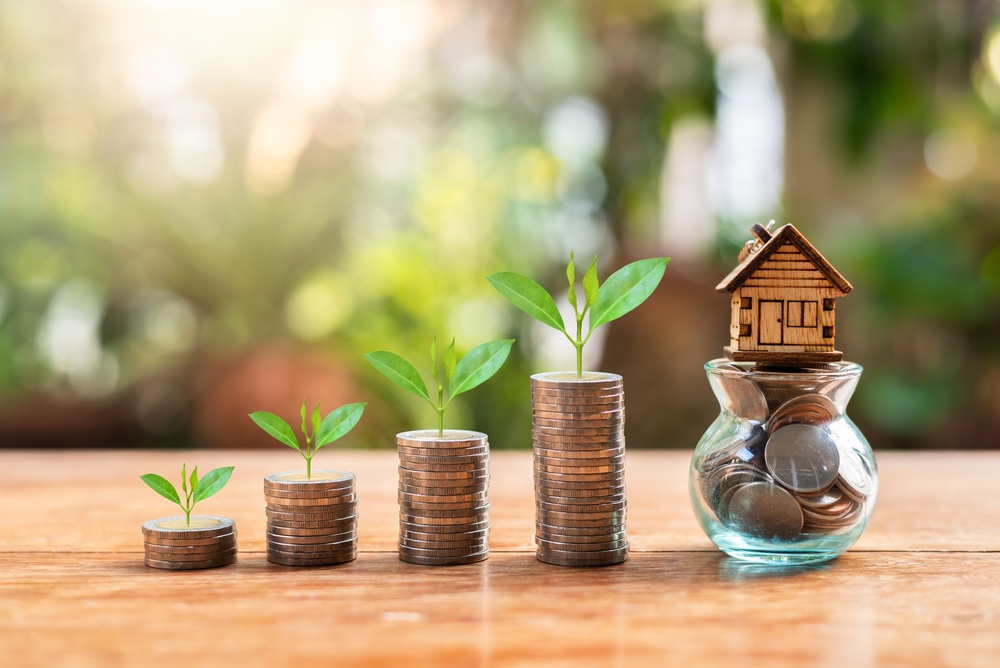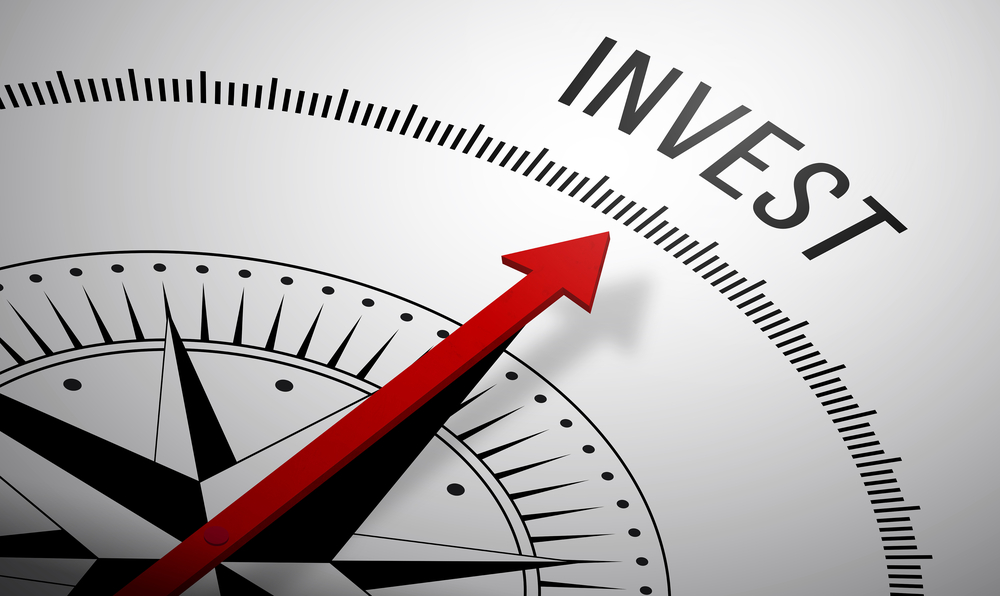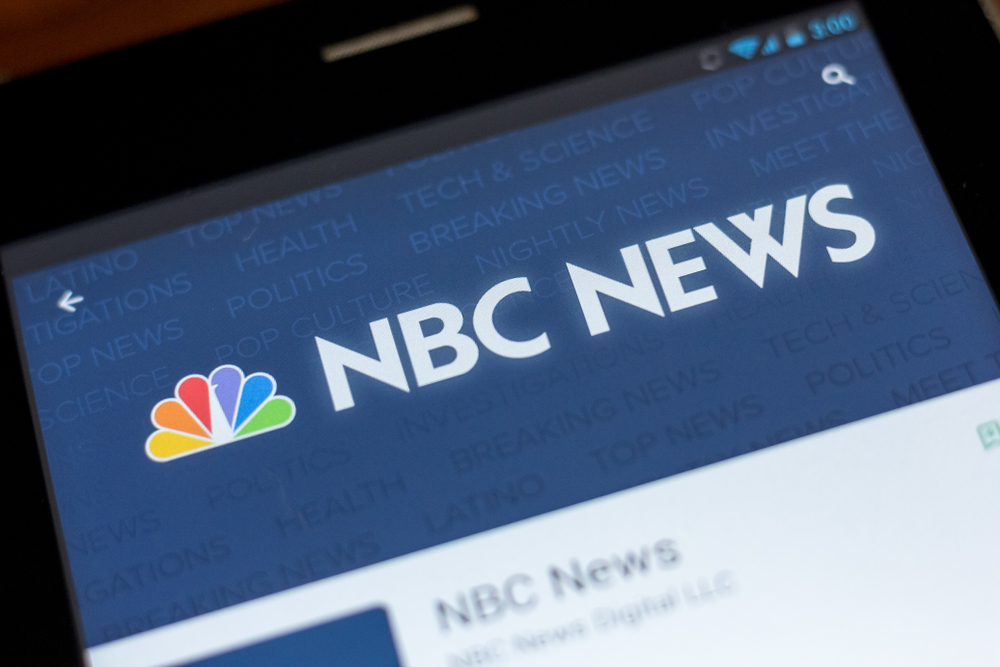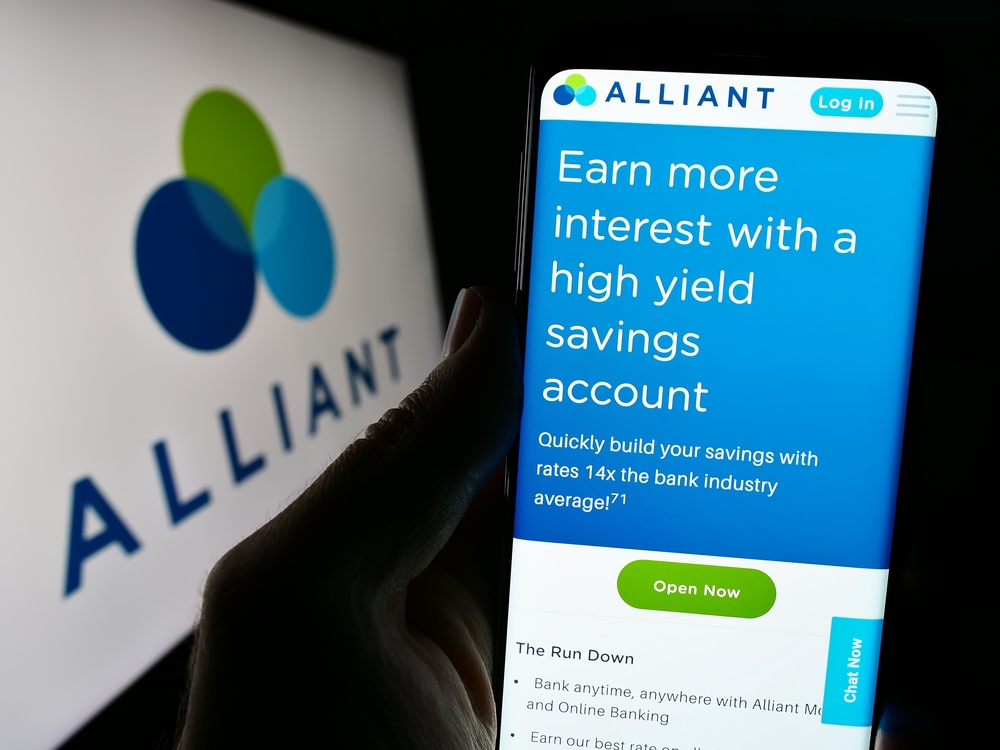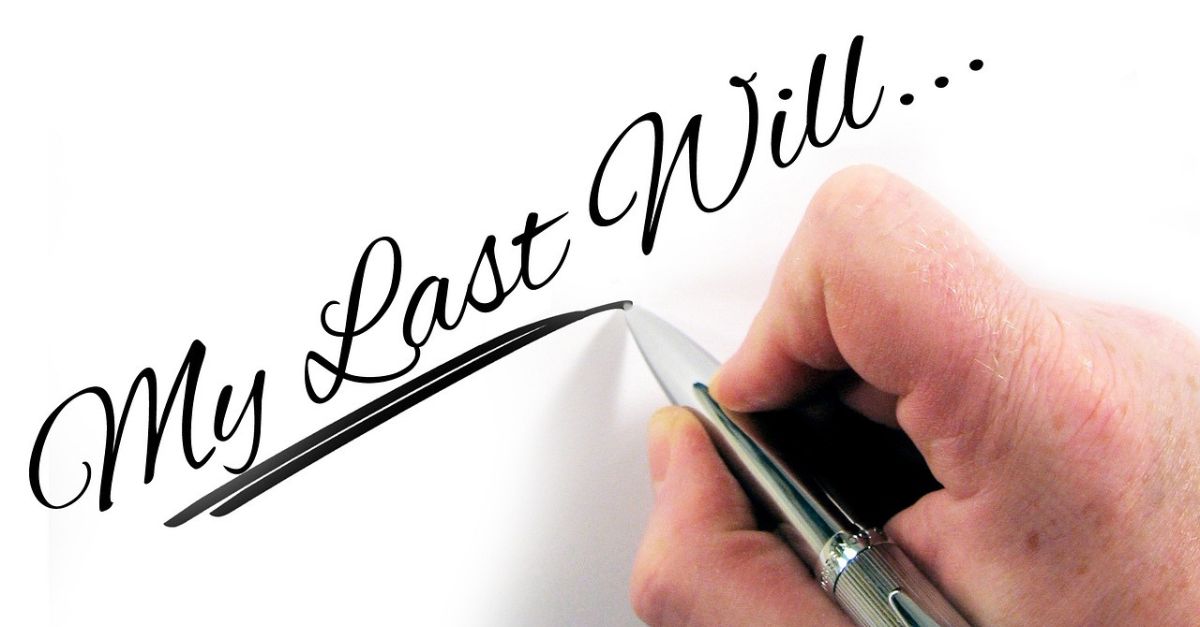How Generational Wealth Will Change the Future
It’s been called, “the greatest wealth transfer in history,” and it’s about to make some huge changes for the younger generations.
According to recent reports, the age group struggling the most right now may actually end up being “the richest generation in history."
Here's what's currently happening, and what is likely to happen as Baby Boomers hand over their assets to the young adults who "don't want to work."

The "Great Wealth Transfer"
The Great Wealth Transfer refers to an intergenerational wealth transfer that is underway in the United States, among other nations, with the Baby Boomer generation leaving significant wealth to their heirs.
Baby Boomer Wealth
Over the next 20 years or so, the Silent Generation (1928-1945), and the Baby Boomers (1946-1964) will essentially “hand over the reins” to Millennials (1981-1996) when they pass on their property and equity-rich assets.
Millennials
Knight Frank says in the U.S. alone, the shift will see nearly $85 trillion of assets move between generations—ultimately making wealthy Millennials "the richest generation in history."
Generational Struggles
Although the math makes complete sense, it comes at a bit of a shock, and possibly some relief for Millennials themselves.
Milestone Challenges
Research has shown that many Generation X (1965-1980), Millennials and even some the younger Generation Z (1996-2012) adults are having a difficult time hitting the same milestones as those from previous generations.
Rising Inflation
With inflation, young adults today are struggling to afford basic necessities, let alone finding room in their budget for investing.
Home Ownership—Not Likely
Many Millennials are burdened with soaring rents, student debt, and rising inflation to the point where owning a home or even building savings are far-fetched goals.
The Generations Who “Don’t Want to Work”
These conditions, which are drastically different than the those of past generations, have fueled the narrative that today’s young adults are lazy have little desire to work—which isn’t actually the case.
The Cost-of-Living Crisis
The younger generations today are struggling with a cost-of-living that greatly outweighs their income—even for those with educational credentials and training.
This naturally diminishes their desire to ‘hustle’, when they are essentially ‘working for nothing.’
Changing Directions
Along with changing hustle culture, the younger generations have a few other ideas in mind for the future, that may actually benefit our world down the line—and this is where the Great Wealth Transfer can help.
 Lemon Tree Images, Shutterstock
Lemon Tree Images, Shutterstock
Prioritizing Climate Change
Liam Bailey, global head of research at Knight Frank, said the wealth transfer is taking place amid “seismic changes” in how the assets are put to use.
Climate change is one example of where there are clear generational differences in investment priorities.
Sustainable Living
“Millennials appear to have got the message when it comes to cutting consumption – 80% of male and 79% of female respondents say they are trying to shrink their carbon footprints,” Bailey said.
 3rdtimeluckystudio, Shutterstock
3rdtimeluckystudio, Shutterstock
Building Wealth vs. Keeping Wealth
In contrast, just 59% of male boomers were found to be trying to reduce their impact, significantly below their female peers, at 67%.
These numbers support the idea that Baby Boomers are less interested in sustainable consumption and less likely to be persuaded by sustainability claims.
Market Change
Aside from climate change, what could this historic transfer of wealth mean for the markets? That depends on the investment decisions these heirs make with their fortune.
 Dilok Klaisataporn, Shutterstock
Dilok Klaisataporn, Shutterstock
The Wealthy Generation
Baby Boomers often believe themselves to be the best generation, paving the way of smart decisions for those who come after them. And they aren’t exactly wrong—after all, the Great Wealth Transfer is the product of their decisions.
 Puttachat Kumkrong, Shutterstock
Puttachat Kumkrong, Shutterstock
Boomer Concerns
With that being said, many Baby Boomers are fearful that the young adults today are not going to follow in their footsteps after all—and once again, they are not wrong.
Differing Opinions
According to a survey for Bank of America Private Bank’s “2022 Study of Wealthy Americans”, 75% of millennial and Gen Z investors believe “it’s not possible to achieve above-average returns solely on traditional stocks and bonds.”
Giving While Living
Baby Boomers are increasingly leaning into the trend of “giving while living,” passing assets on to their children now rather than leaving it to them in their wills.
This means, the impact of all that money changing hands could be felt sooner than expected—leading to new investment trends emerging.
 Dmytro Zinkevych, Shutterstock
Dmytro Zinkevych, Shutterstock
Sustainable Living Leads to New Investment Opportunities
According to Sarah Norman, head of CIO Sustainable Investing Thought Leadership, “younger investors aren’t just looking to have an impact; they believe that sustainable investing can help identify investment opportunities and mitigate risks.”
What is Sustainable Investing?
According to the CFA Institute, “sustainable investing balances traditional investing with environmental, social, and governance-related (ESG) insights to improve long-term outcomes. In many ways, sustainable investing can be seen as part of the evolution of investing.”
Alternative Investments
Young adults age 21-42 today are said to be skeptical of traditional portfolio of stocks, bonds and real estate, and show a greater preference for private equity, private debt and direct investment in companies—even founding their own companies.
Lauren Sanfilippo, a senior investment strategist with CIO, says, “younger investors are more open to new financial vehicles, including alternative investments.”
A New Path to Success
As this group of investors increase their wealth through inheritance, Sanfilippo foresees them pushing to make a greater variety of investing choices available, including “a broader range of digital tools that allow for customization.”
Creating Opportunities From Inheritance
A large portion of Millennials are said to support climate solutions and social equality, and the money they inherit may give them the ability to pursue alternative strategies—like private equity and hedge funds—which typically require a high minimum investment and are limited to qualified investors.
Losing Faith in Traditional Investment Methods
According to the 2022 Bank of America Private Bank Study of Wealthy Americans, younger investors are less confident in traditional investments, with 75% of young adults ages 21 to 42 believing that “it’s not possible to achieve above-average returns solely with traditional stocks and bonds.”
While only 32% of adults age 43+ agree.
Open to Alternatives
Of the same age groups, those between 21 to 42 claim to be more open to alternative asset classes, and say that “private equity is an investment that offers the greatest opportunity for growth,” while only 15% of adults age 43+ agree.
Sustainability Approach Soon to Become Mainstream
Among those below the age of 43, three-quarters own sustainable assets already, and experts believe the lens of sustainability will move from niche to mainstream, partly as a result of the Great Wealth Transfer.
But that’s not the only way the Great Wealth Transfer will help young adults.
A Chance at Real Estate
At this time, Millennials are facing steep barriers when it comes to real estate, with rising interest rates and supply challenges, to buying a first home in many markets. But Sanfilippo says, “that’s a for-now story, not a forever story.”
Homeowners At Last
The Great Wealth Transfer should enable more young adults to become homeowners either through inherited property or the funds for a down payment.
But their homeownership choices may take a different direction.
 Sutthiphong Chandaeng, Shutterstock
Sutthiphong Chandaeng, Shutterstock
Housing Trends
The current trend toward smaller families supports smaller, urbanized quarters, but remote work options offer opportunities to spread out.
As well, younger generations are more focused on climate risks, sustainability and energy efficiency—shifting how we live in our homes.
Sustainability Saves Money
The trend today is to ensure that you have sustainable energy sources in the home. Not only does this help save the planet, it also saves money.
If Millennials can use their inheritance to purchase a home and then sustainably manage it, they may finally have an opportunity to save money.
Pushing for Variety
While it’s impossible to determine the overall impact the Great Wealth Transfer will have on the markets, the willingness of younger investors to push for more variety in investment options could create new opportunities for everyone in the years to come.
How do the Boomers feel?
While all of this sounds like good news, it’s important to note how the majority of Baby Boomers feel about this impending wealth transfer.
A Disconnect
According to NBC News, recent reports show a growing disconnect between how much the next generation expects to receive in the “great wealth transfer” and how much their aging parents plan on leaving them.
Expectations
In fact, USA Today Blueprint found that 68%, of Millennials and Gen Z have received or expect to receive an inheritance of nearly $320,000, on average.
As well, 52% of millennials think they’ll get even more —at least $350,000—according to a separate survey by Alliant Credit Union.
Reality
However, Alliant also found that 55% of baby boomers who plan to leave behind an inheritance said they will pass on less than $250,000.
So, where is this discrepancy coming from?
A Lack of Communication
Isabel Barrow, director of financial planning at Edelman Financial Engines, says that “parents are just not communicating with their adult children about financial topics.”
Add inflation, high healthcare costs and longer life expectancies, boomers are suddenly feeling less secure about their financial standing—and a lot less generous.
Sharing Values
In addition to a higher cost of living, Baby Boomers want to feel more confident that the next generation is going to have the same value system around building wealth—and they are not so sure that will be the case.
The Importance of Financial Planning—and Communicating
However, the lack of communication between the Boomers and their children is part of the problem.
According to the Edelman report, 90% of parents intend to leave an inheritance to their children but 48% do not have a specific plan in place.
 Inside Creative House, Shutterstock
Inside Creative House, Shutterstock
Start the Conversation
Investment firms and advisors are urging people to open up the conversation, and set common family values and expectations. If the Boomers want their children to succeed, they have to teach them how.
Teach, Don’t Preach
Many believe that instead of spending all of their money while they’re living, Boomers should focus on passing along valuable financial knowledge so the Millennials will know what to do with the money they are soon to inherit.
 Andrii Yalanskyi, Shutterstock
Andrii Yalanskyi, Shutterstock
Bottom Line
In the next two decades, Generation X, Millennials, and some of Generation Z will possibly inherit large sums of money from their Baby Boomer parents, as part of what is being referred to as, “The Great Wealth Transfer.”
 chillchill_lanla, Shutterstock
chillchill_lanla, Shutterstock
Final Thoughts
While this comes with many advantages, and some concerns, it’s imperative that if we want the younger generations to succeed, it’s time to open up the dialogue and provide them with insight that could help their future investment decisions—whatever those may be.


